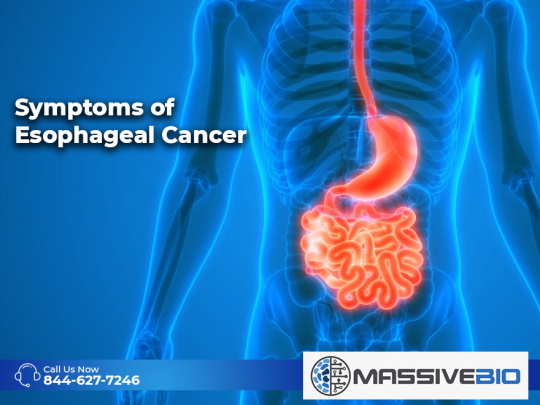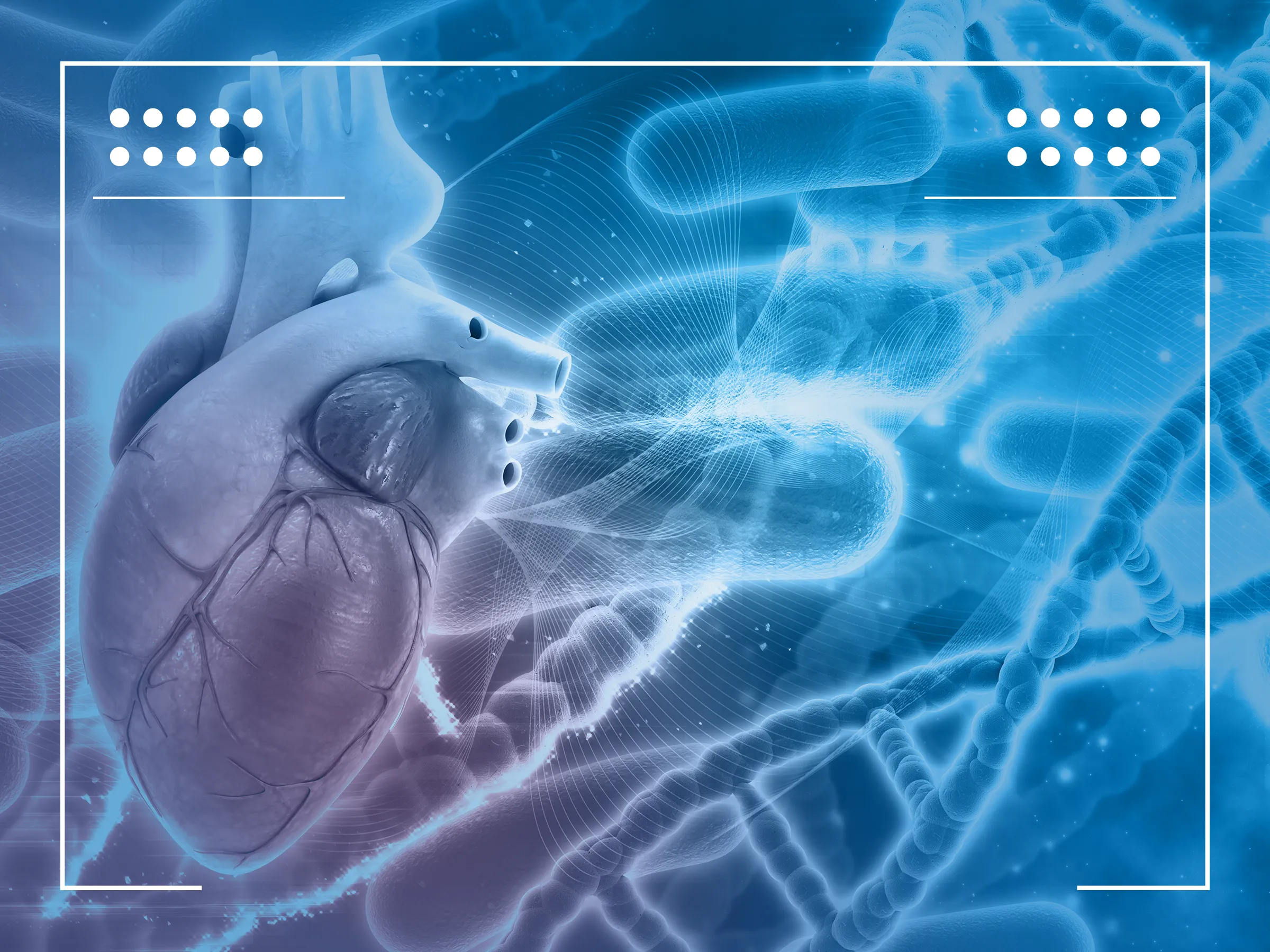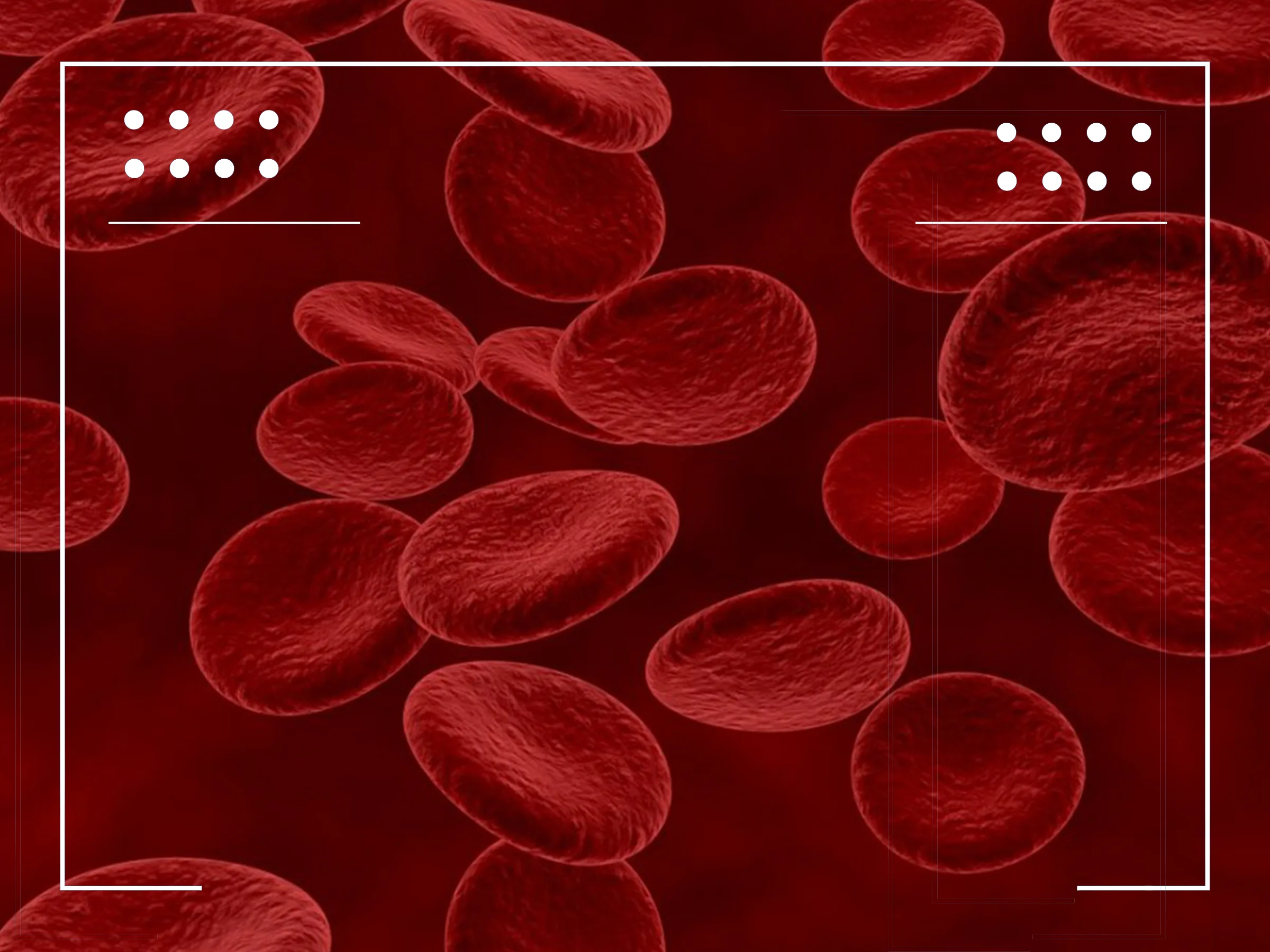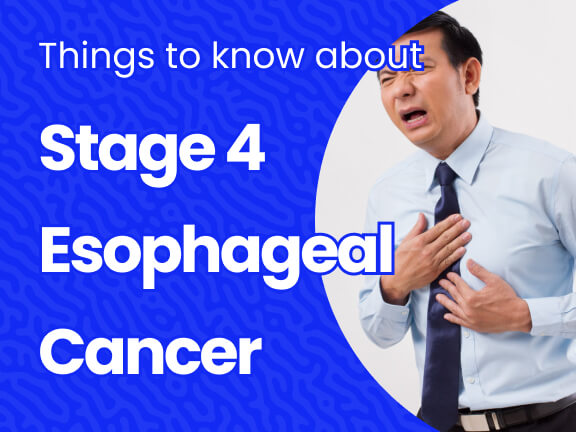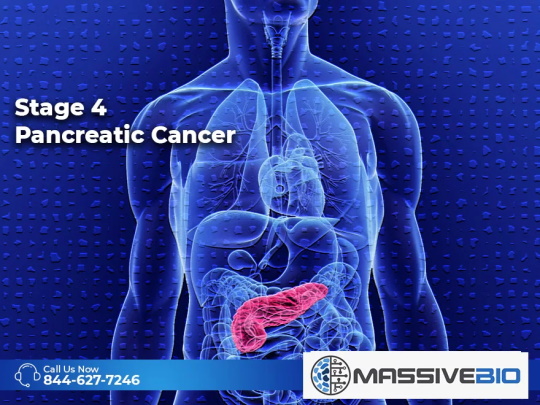What are the symptoms of esophageal cancer? Because esophageal cancer is a disease that causes symptoms in later stages and spreads rapidly throughout the esophagus, patients are often diagnosed in the incurable period.
The first symptoms of esophageal cancer include trouble swallowing (dysphagia) and weight loss. Malignant tumors develop in the inner lining of the esophagus. The tumor, which starts from the inner layer of the organ, spreads downward, upward and from inside to outside in the esophagus. It can also spread to other parts of the body through the lymphatic system and blood vessels.
Signs & Symptoms of Esophageal Cancer
Endoscopic examination is the most important diagnostic tool for all patients with suspected esophageal cancer. The importance of esophagoscopy is great not only in diagnosis, but also in determining treatment.
Esophageal cancer symptoms:
- Difficulty swallowing
- Choking sensation with cough
- Weight loss
- Burning and pain in the chest area
- Vomiting
- Swelling in the neck
- Hoarseness
- Bleeding
Usually esophageal cancer is less common in individuals under the age of 60. The most important symptom of esophageal cancer is difficulty swallowing. Among the symptoms of esophageal cancer, the feeling of ripping and painful swallowing can be seen in many patients. In cases where the tumor does not cover 60-70% of the esophagus, individuals usually do not experience symptoms.
Esophageal Cancer Risk Factors
The incidence is higher in elderly men, obese people, smokers, those who consume a lot of alcohol or excessively hot beverages, and those with a disease called Barrett’s esophagus, due to long-term reflux disease. It can be seen more frequently in people who consume less fresh fruits and vegetables, achalasia, which is one of the esophagus diseases, and those who accidently consume toxic substances such as bleach, salt spirit, or detergent.
What Are Esophageal Cancer Treatment Methods?
In esophageal cancers, the stage and location of the tumor are primarily taken into consideration. Surgical operation is the most effective treatment method in early cases. In some cases where only surgical treatment or radiotherapy is not sufficient, combined therapies may be considered. In advanced cases, surgical treatment can only be done for the wellbeing of the patient. Clinical trials are a hope for patients in advanced stages or do not respond to current treatments. They provide new and alternative treatment options under supervision of the FDA.
The location of the tumor is also important in the choice of treatment. Generally, tumors in the 1/3 lower part of the esophagus are easily treated surgically. Tumors in the upper part have less chance of surgery. While early lesions are suitable for surgery, once it has spread to the surrounding tissues and metastases require non-surgical methods.



